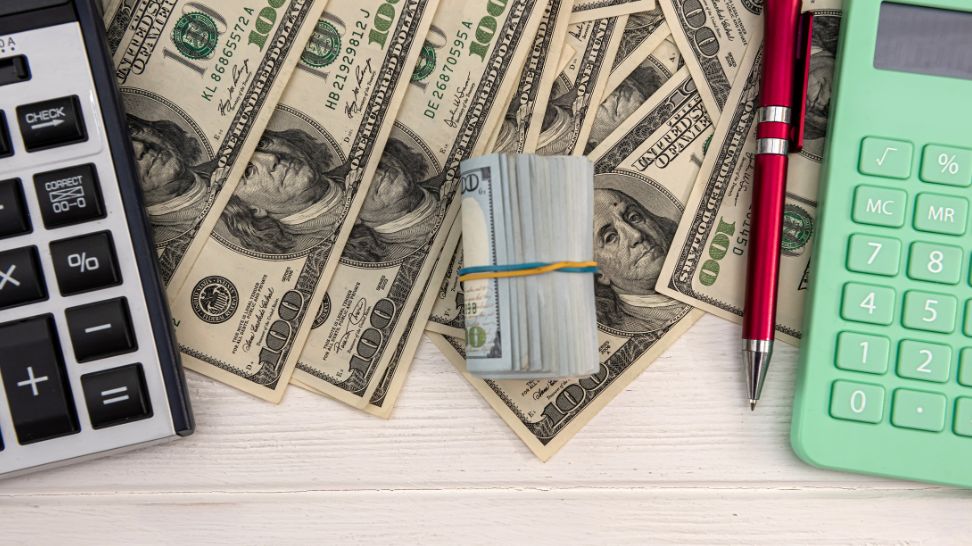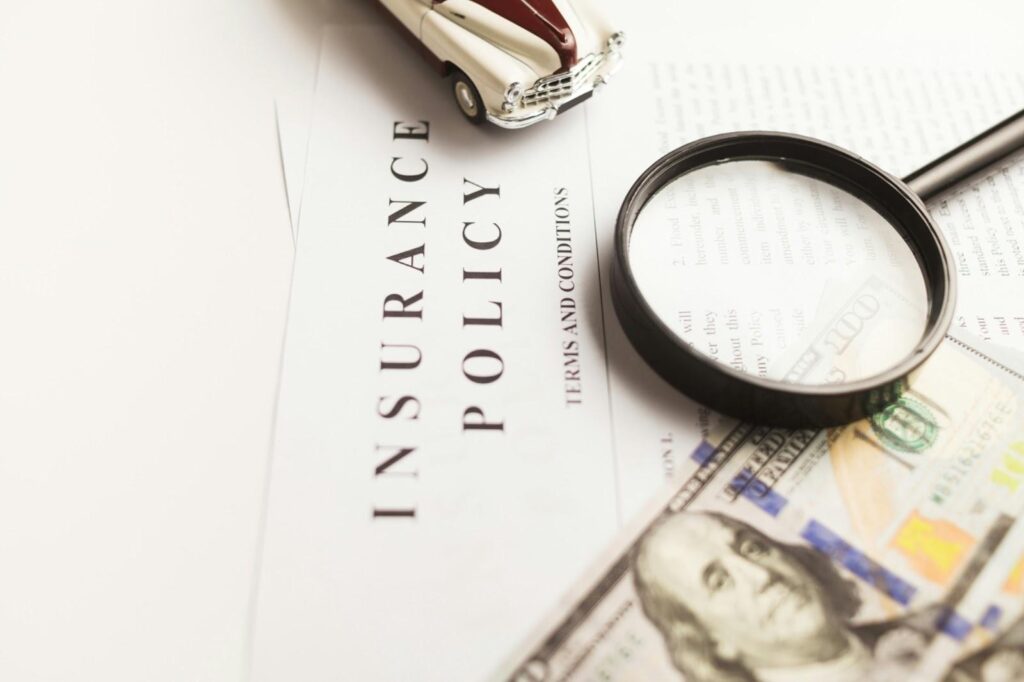You’ve worked hard to be able to purchase your airplane, so it makes sense that you’d like to shield it from creditors and other threats in whatever way you can. That’s where asset protection for airplanes and other aircraft comes in.
Whether you own your aircraft for business or pleasure, protecting your investment is important. This article explains what you need to know about protection for aircraft and what options may work best for you.
What is asset protection for airplanes and other aircraft?
Asset protection, as the name implies, is a way to shield your asset — for the purpose of this article, an aircraft — from lawsuits, divorce, and other legal battles. You can also use asset protection to lower your tax liability.
Why is asset protection important for aircraft owners?
You’ve likely spent a fortune on your beloved airplane, so you wouldn’t want to lose it to a creditor, divorce, or lawsuit. Asset protection is designed to prevent such situations from happening.
Asset protection further ensures your beneficiaries can take ownership of the aircraft after your death while sparing them from the costly and time-consuming probate process. Without proper estate planning, your aircraft could go to someone who shouldn’t have it. The plane may even have to be sold to pay off your debts.
Common Risks to Aircraft Owners That Asset Protection Can Mitigate
Forgoing asset protection for your aircraft is similar to leaving your car running with the keys inside. Without proper protections, you could face risks like the following:
Liability Risk
Imagine you own a business that allows clients to take your planes for a test flight. You have a flight instructor with them at all times to ensure nothing goes wrong.
But then, one day, a customer botches the landing and crashes your plane. They’re hurt, and they say it’s your fault. If the plane is in your name, the customer could come after you with a lawsuit, thus putting your other assets at risk.
Damage or Loss of Aircraft
You’ve paid a pretty penny for your airplane, likely much more than you paid for your car. Just as you would for your car, you must buy insurance for your aircraft.
Without insurance, you could lose hundreds of thousands of dollars if your airplane becomes damaged or stolen.
Maintenance and Operation
Aircraft cannot sit unused for months at a time without regular maintenance. A lack of maintenance can cause your plane to fail at the worst possible time, potentially leading to injuries or even death.
If you don’t know how to perform maintenance on your plane, an aircraft maintenance company can arrange it for you. These companies ensure your craft meets Federal Aviation Administration (FAA) regulations and remains airworthy when you’re ready to fly.
Tax Liabilities
Taxes surrounding the purchase and sale of aircraft can easily become complicated. For instance, depending on where you store it, you may have to pay costly taxes on your plane. Your tax situation can change depending on whether you use the craft for business or pleasure.
What are some asset protection strategies for aircraft owners?
Now that you know the risks associated with owning a plane, let’s discuss how you can protect your aircraft — and your bank account. Consider the following asset protection strategies:
Aircraft Insurance
Aircraft insurance works similarly to auto insurance. If you have an accident while using your plane, insurance protects you from third-party claims against you. The insurance company will pay for damages according to the terms of your policy.
When deciding how much insurance you need to buy, consider:
- Your earnings and assets
- How you use the aircraft
- Who do you carry as passengers
- Liability limits carried on other insurance policies
Ownership Structure
Another way to protect your aircraft is by registering it with a limited liability company (LLC). By doing this, the LLC would be liable for damages caused by the aircraft, which means litigators may not hold you personally responsible.
Trusts
The FAA doesn’t allow non-U.S. citizens to register aircraft with an LLC, but there is a way to avoid the restriction. It involves creating an LLC, and then making the LLC a beneficiary of a trust.
You would then choose a trustee to manage your asset. The aircraft would be registered with the FAA in the trustee’s name, but you as the trustor could retain sole ownership. That means the trustee can’t sell the aircraft without your permission, and you’re free to dissolve the trust at any time.
Hangar and Security Measures
It’s smart to physically protect your craft from damage and theft. You may want to consider housing your plane in a hangar staffed by 24/7 security. The hangar you choose should also have high-definition security cameras and gated access to only allow authorized visitors inside.
GPS tracking software is another option. You can have GPS hardwired into your aircraft so thieves cannot remove it. If someone steals your plane, you can see where it is in real-time.
Financial Strategies for Aircraft Asset Protection
When you buy a plane, the purchase price isn’t the only cost you must consider. You’ll have to pay taxes on the craft, too. Here’s how to minimize your liability:
Depreciation and Valuation
As with many other business assets, you may be able to recover costs related to your aircraft’s deemed depreciation. Doing this allows you to reduce your overall taxable income.
To use this strategy, you’ll consult depreciation schedules which outline how your aircraft’s costs are expensed over its useful life. You’ll also have to calculate how many hours you flew the craft for business versus pleasure.
Financing Options
Would-be plane owners have several financing options, including:
- Commercial banks, which typically offer lower rates, can be a good choice if you have a pre-existing relationship
- Leasing companies can be an appealing option because there’s no residual risk to you
- Export credit agencies (ECAs), which you’ll find in countries where traditional banks may not be available
Tax Planning
You must consider taxes when buying and owning an aircraft. You’ll have to pay taxes on the purchase, and you’ll also need to pay income tax on the gains when selling the craft (called depreciation recapture).
Talk to an accounting firm that handles clients who own aircraft to learn how to minimize your tax burden.
How can asset tracking and management be effectively carried out?
To effectively carry out asset protection for airplanes and other aircraft, you need the help of a law firm that’s experienced in working with high-net-worth individuals. Blake Harris Law has helped many clients shield their assets from creditors and litigators.
To learn more about our asset protection strategies, contact Blake Harris Law today.





